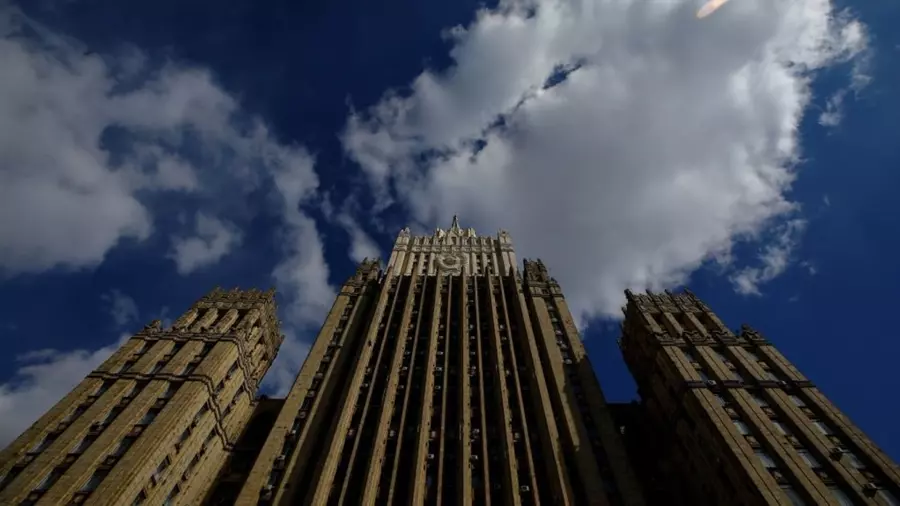Russia and China have recently held talks regarding the exploration of outer space for “peaceful purposes,” agreeing to strengthen cooperation in this area. The discussions covered a wide range of topics, including international legal regulation and ensuring the long-term sustainability and safety of space activities. These talks were aimed at strengthening coordination on outer space issues both bilaterally and within specialized multilateral platforms.
Russia and China have been working together in recent years to enhance their cooperation in the realm of outer space. This includes establishing a commission on satellite navigation and signing an agreement on space technology intellectual property. In 2019, the two countries decided to create a data center for lunar and deep-space exploration focusing on the Moon and Mars.
More recently, Russian President Vladimir Putin signed a law ratifying an agreement with China on the construction of an International Lunar Research Station (ILRS. A dozen countries have joined or applied to join this initiative, including Azerbaijan, Belarus, Egypt, and Türkiye.
In March, Roscosmos Chief Yury Borisov revealed that Russia and China are “seriously considering” a joint project to install a nuclear power station on the Moon within the next decade, aiming to generate electricity for a future lunar settlement. This announcement comes amid growing speculation about a modern-day space race between the US and its allies on one side, and Russia and China on the other.
Both Moscow and Beijing have emphasized the need for joint efforts to prevent an arms race in outer space. However, tensions are rising as the US Space Command chief General Stephen Whiting accuses China of developing its space-based military capabilities at a “breathtaking” pace. In response, the Chinese Defense Ministry warns that Washington is pushing for the transformation of outer space into a future battlefield.
The US is working with Canada, Australia, and the UK on Operation Olympic Defender, a program intended to “optimize space operations.” Germany, France, and New Zealand have been invited to join as well. In February, US House Intelligence Committee Chairman Mike Turner alleged that Russia was seeking to deploy a missile interceptor in space – possibly with a nuclear warhead – to enhance its anti-satellite capabilities. Moscow has dismissed the claim, with President Vladimir Putin asserting that Washington is using false claims to gain negotiating leverage on limiting space-based weaponry.
Roscosmos has also maintained that Russia has no plans to station nuclear weapons in space.

